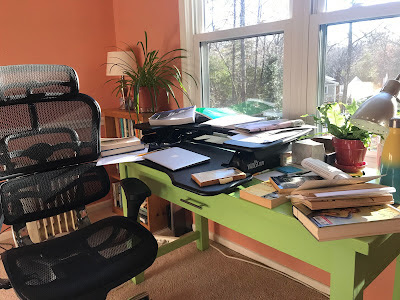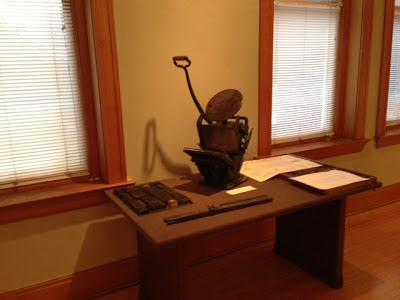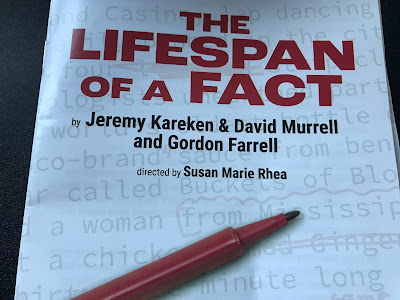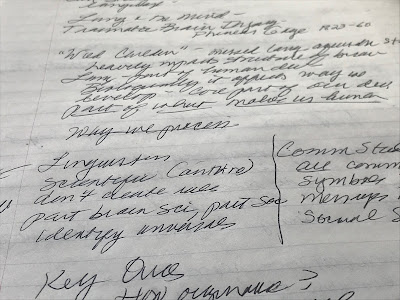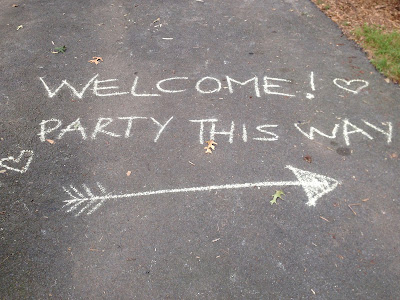At the end of its segment on artificial intelligence last night, CBS’s “60 Minutes” included a disclaimer it never has before. “The preceding was created with 100-percent human content.”
This kicker was the perfect conclusion to a jaw-dropping report on Bard, the new chatbot released by Google. Interviews with the Google CEO and other members of the company revealed a team of humans who seem genuinely concerned about the implications of this earth-shaking new technology. But even they seem to be struggling with what they have created.
These bots are not sentient beings, they said, although the content they produce (including a story built on Hemingway’s famous six-word novel “For Sale. Baby shoes. Never worn.”) make you think that they can.
These new bots are something of a black box, said Google CEO Sundar Pichai, who brought up the problem of alignment — the divergence between the models we use to create artificial intelligence and the intentions we have while creating them. They teach themselves subjects they weren’t programmed to learn. They will take our jobs and create ever-more-hard-to-detect fakes.
As a student of the human condition (the title of the class I’m taking this semester) I’m thinking about the new technologies we’ve experienced in recent decades and how we will adapt to this one. Many knowledge workers will lose their jobs and many others will be teaming up with robots on a daily basis. How will we face this new challenge when we can’t even keep up with old ones?
Lots of questions. Not many answers. But of this you can be sure: This post was created with 100-percent human content.
(Above: a small printing press, vestige of a lost world.)
